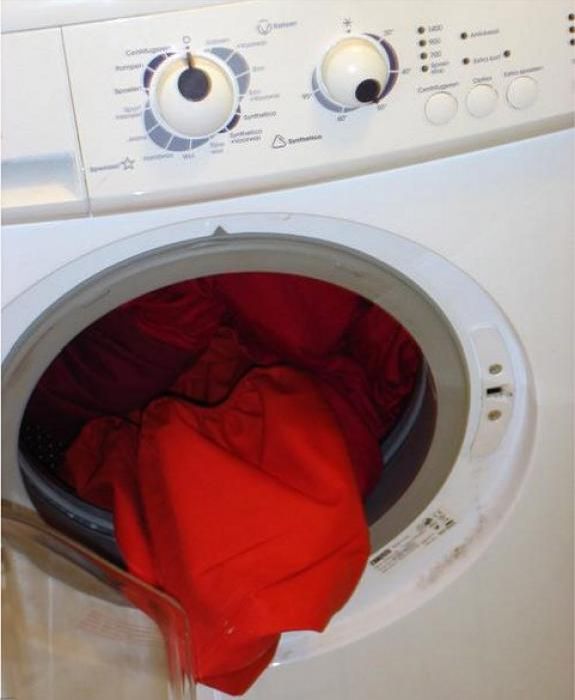When you own an RV, life on the road can be exciting and fun. But there are a few things that can turn that joy into frustration – things like chores.
Chore time is harder in an RV, especially when you need to do the laundry. If you are lucky you might be able to find a coin operated laundromat in your area. Unfortunately, these facilities tend to be expensive, unsanitary, and crowded.
The best way to do laundry in an RV, is by installing washer and dryer right inside your RV!
RV manufacturers are catching on to the fact that RV owners want to be able to do the wash on the road. New products specifically designed to make laundry in an RV more convenient are being developed everyday, and many RVs come standard with a washer and dryer.
Interested in learning more? The following guide provides a detailed breakdown of the different RV washers and dryers.

There are also two variations across the three types:
Although they are pretty reliable, RVers generally stay away from non-vented washers and dryers. These machines take a long time to dry clothes, and they are use a lot of water. This is especially true when compared to the vented models.

This type of RV washers and dryers are quite common, especially in larger RVs. They allow you to wash and dry two loads (up to 12 pounds) simultaneously. These units are similar to the machines in most homes, albeit smaller and lighter. If you have the space and need to do large loads of laundry while on the road, these units are perfect.
Advantages:
Disadvantages:

This type of RV washer and RV dryer is the preferred choice of many RVers. They don’t take up a lot of space, and one drum handles both the washing and drying process. In fact, most units switch automatically from one operation to the other.
RV washer and RV dryer combinations are made specifically to meet the needs of RVers. These units are both water and energy efficient providing the ultimate blend of efficiency and convenience.
These units are typically more efficient than other types of RV washers and dryers. Keep in mind though, that is you enjoy dry camping, this type of washer and dryer will not work for you, as you will need a significant amount of both water and power.
Advantages:
Disadvantages:
Run your generator and use your holding tanks to reduce problems. But, you must watch your water or you may find that you don’t have any when it’s time to take a shower.

Portable washers are perfect for those who enjoy dry camping and boondcoking because electricity is not necessary for operation of some units. The portable washers that do use electricity typically only require a small amount of both water and electricity. Most units connect to your faucet and a load can be completed in less than 15 minutes.

Most portable dryers are non-vented. They use a condensing system to remove moisture from your clothes. Some units also come with a sensor that makes the drying process more efficient. It is important to note that many of these units can only dry a small amount of clothes at one time.
Advantages:
Disadvantages: